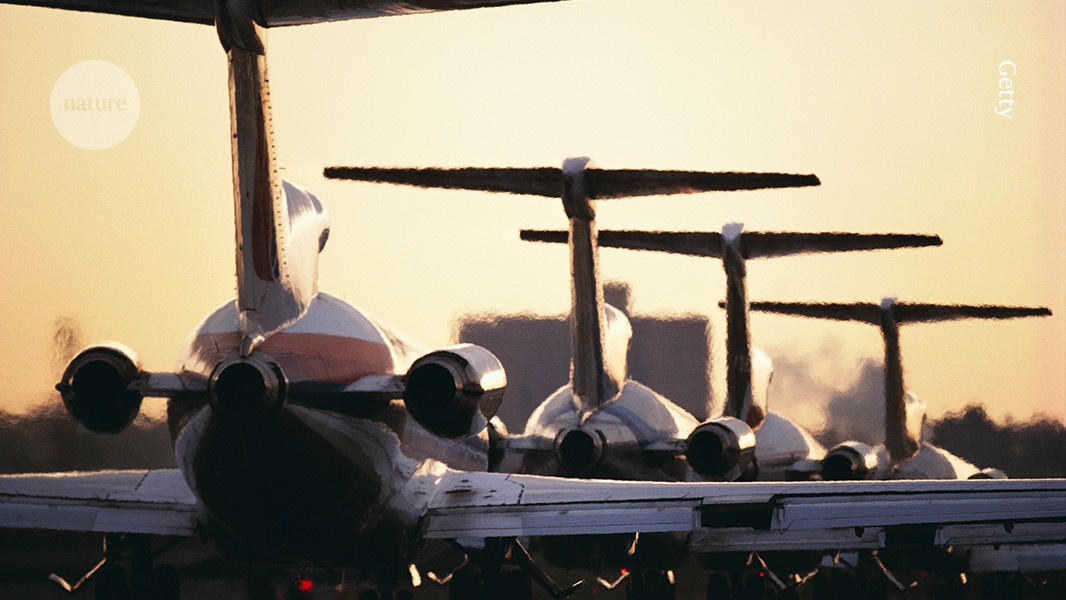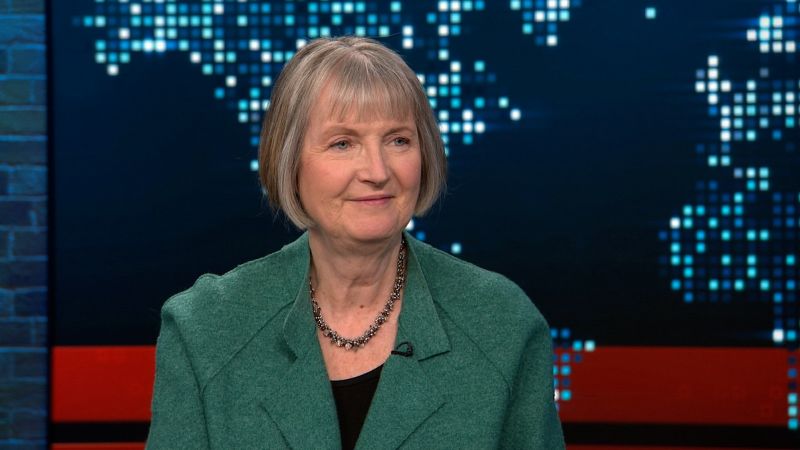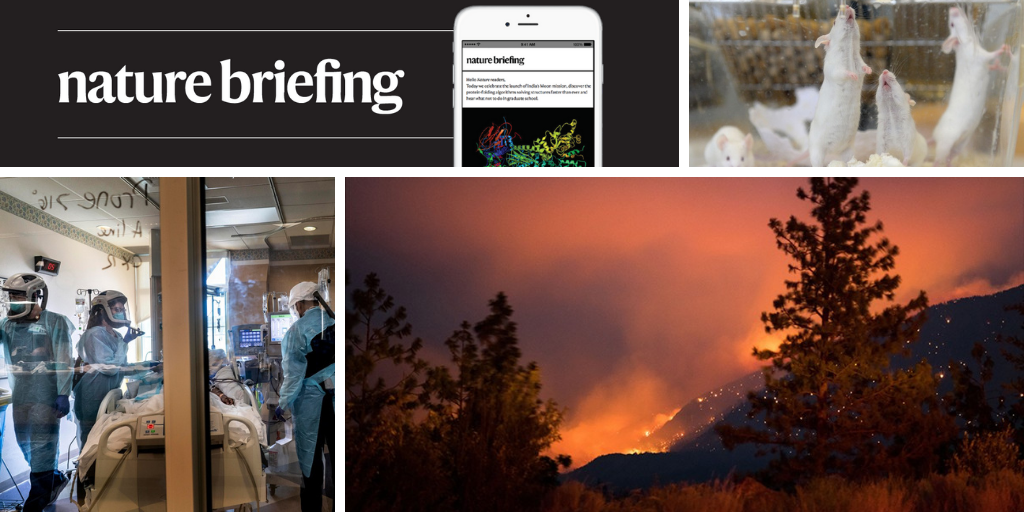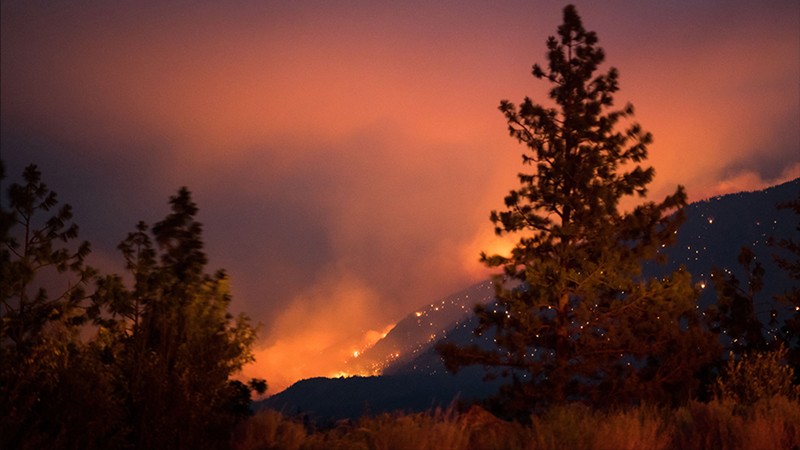Hello Nature readers, would you like to get this Briefing in your inbox free every day? Sign up here.
The chance of temperatures in North America’s Pacific Northwest coming close to 50 °C has increased at least 150-fold since the end of the nineteenth century, found a rapid analysis conducted in response to last month’s heatwave. “This heatwave would have been virtually impossible without the influence of human-caused climate change,” says climate scientist Sjoukje Philip. “It was probably still a rare event, but if global warming might exceed two degrees, it might occur every five to ten years in the future.” Canada’s highest-ever temperature — 49.6 ℃ — was recorded in Lytton, British Columbia, on 29 June. The next day, the village was almost completely destroyed by out-of-control wildfires.
An experiment by researchers at the Naval Medical University in Shanghai, China, to ‘impregnate’ male rats has stirred an ethics debate. The scientists transplanted uteruses into castrated male rats and sewed the animals to pregnant female rats. Researchers say the experiment was highly contrived and unnecessarily distressing to the animals, and that it offers few insights into the possibility of pregnancy in people assigned male at birth — if anything, the poor success rate suggests that such a goal is a long way off. The paper has been particularly hotly debated among scholars and the public in China, where it was recently among the top-trending subjects on the social-media platform Weibo. Some researchers in China fear that reckless biological experimentation could blemish the country’s reputation.
Reference: bioRxiv preprint
Features & opinion
An analysis of the genomes of more than 100,000 people found a dozen or so genetic variants that have a strong statistical association with a person’s chances of developing severe COVID-19. The genetic associations increase risk by only a small amount — but it’s comparable to the increase in risk due to factors such as obesity, diabetes and other underlying health conditions. The findings might shed light on biological mechanisms of the disease, and suggest which drugs to test.
In early 2019, environmental scientist Örjan Bodin and public-policy researcher Christopher Weible bonded over an existential crisis. “We felt out of touch and disheartened with our scholarship,” they write. “So we organized a research retreat.” They invited a small group of scholars to a remote Swedish island to reflect on their research agendas, accomplishments, frustrations and goals.
The joy of just seeing — without the advantages of modern technology, except for binoculars — is the focus of the latest short story for Nature’s Futures series. The setting is a real location in Lempäälä, Finland, and bird lovers might spot cameos from some favorite species.
Urban residents are increasingly vulnerable to food shocks, when shortages can propagate through the food supply chain. Urban-systems researcher Alfonso Mejia tells the Nature Podcast how boosting the diversity of a city’s food sources increases its resilience. Plus, the ‘time neurons’ that help the brain keep track of time.
Nature Podcast | 30 min listen
Go deeper with sustainability researcher Zia Mehrabi in the Nature News & Views article
Subscribe to the Nature Podcast on Apple Podcasts, Google Podcasts or Spotify.








More News
Air-travel climate-change emissions detailed for nearly 200 nations
NIH pay raise for postdocs and PhD students could have US ripple effect
Daily briefing: Visual clutter skews our time perception